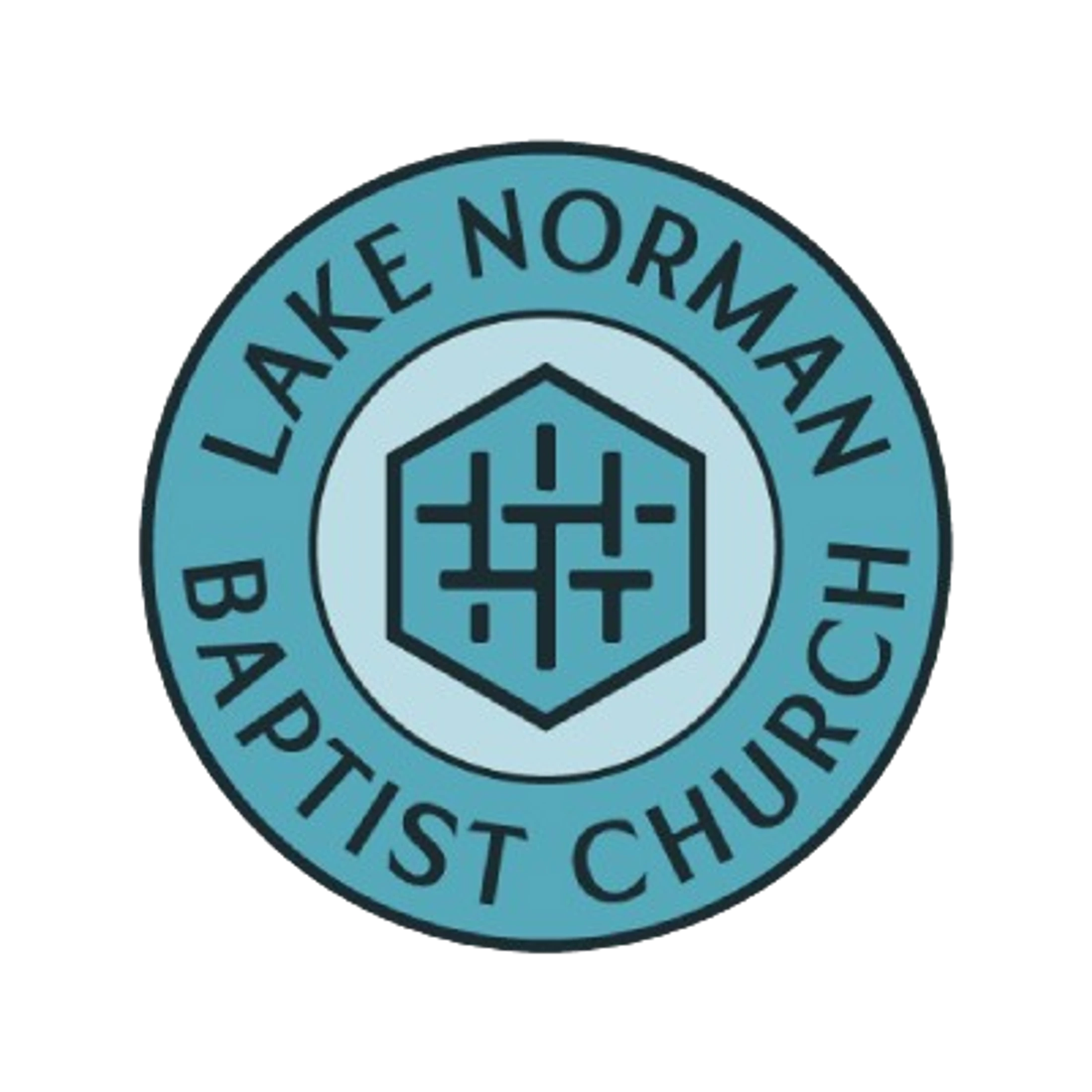Our evaluation of individuals who aspire to serve as Elders at LNBC includes a comprehensive process of evaluation of the qualifications across several areas of focus and spiritual gifts.
Calling: The ability to sense God’s calling on one’s life for a particular season of service to the body of Christ: “I think God is in this.”
Character: derived directly from the biblical qualifications of an Elder as set forth in 1 Timothy 3:2–7 and Titus 1:6–9.
- Above reproach—Lead by example and demonstrate a lifestyle free from patterns of sin. (1 Timothy 3:2; Titus 1:6-7)
- Husband of one wife—If married, be a devoted spouse. Otherwise, a man shall not be automatically precluded from serving as an Elder based on a prior divorce or being unmarried. (1 Timothy 3:2; Titus 1:6)
- Temperate—Be self-controlled, enslaved to nothing, and free from excesses. (1 Timothy 3:2; Titus 1:7)
- Prudent—Be sober, sensible, wise, balanced in judgment, not given to quick, superficial decisions based on immature thinking. (1 Timothy 3:2; Titus 1:8)
- Respectable—Demonstrate a well-ordered life and honorable behavior. (1 Timothy 3:2)
- Hospitable—Be unselfish with personal resources, willing to share blessings with others. (1 Timothy 3:2; Titus 1:8)
- Able to teach—Be able to communicate truth and sound doctrine in a non-argumentative way and be able and willing to refute those who contradict it. (1 Timothy 3: 2; Titus 1:9)
- Not addicted to wine—Be free from addictions and willing to limit their consumption for the sake of others. (1 Timothy 3:3; Titus 1:7)
- Not quick-tempered—Be gentle, patient, and able to exercise self-control in difficult situations. (1 Timothy 3:3; Titus 1:7)
- Not contentious—Not be given to quarreling or selfish argumentation. (1 Timothy 3:3)
- Free from the love of money—Not be stingy, greedy, or for sordid gain, or preoccupied with amassing material things. (1 Timothy 3:3; Titus 1:7)
- Manage own household—Have a well-ordered household and a healthy family life. (1 Timothy 3:4-5; Titus 1:6)
- Not a new convert/not a new believer—Have been a Christian long enough to demonstrate the reality of their conversion and depth of spirituality. (1 Timothy 3:6)
- Good reputation with outsiders—Be well-respected by unbelievers and free from hypocrisy. (1 Timothy 3:7)
- Not self-willed—Not be stubborn, or prone to forcing their opinions on others or abusing authority. They must be servant minded. (Titus 1:7)
- Loving what is good—Desire the will of God in every decision. (Titus 1:8)
- Just—Desire to be fair and impartial. Their assessments of situations and associated decisions must be based on scriptural principles. (Titus 1:8)
- Devout—Be devoted Christ followers, seeking to be conformed to His image. They must be committed to prayer, worship, the study of Scripture, and the guarding of their spiritual walk. (Titus 1:8)
- Holding fast the faithful Word—Be stable in the faith, obedient to the Word of God, and continually seeking to be controlled by the Holy Spirit. (Titus 1:9)
Competence: Defined as specific, Holy Spirit-endowed abilities, combined with skills acquired through training and life experience, including such things as excellent interpersonal and communication skills, conflict management skills, creative problem solving, the ability to “think in the gray”, and the ability to keep confidential information.
Cohesiveness: The intangible quality of being able to “fit” within the existing team and be a good “team player”. The ability to work effectively within and enrich the current circle of community and relational harmony within the council.
Courage: The ability, when needed, to enter into difficult exchanges and defend the faith, the church, and individuals in ways that preserve and maintain the community. The ability to speak the truth in love without destructive results.

